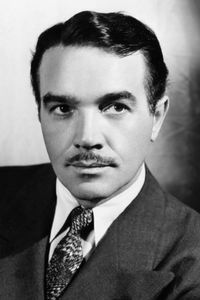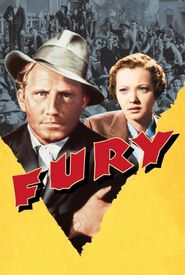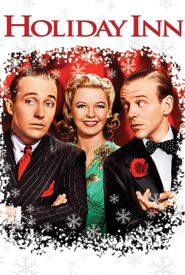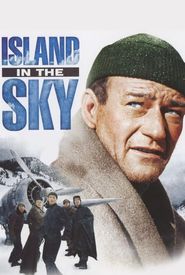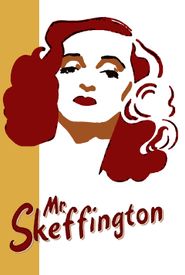Walter Abel was a dedicated stage actor who studied at the prestigious American Academy of Dramatic Arts in New York before moving on to a progression of stage work. He made his Broadway debut in the original play "Forbidden" in late 1919.
Before that, he had dabbled in the film industry, appearing in the silent film "Out of a Clear Sky" directed by Marshall Neilan in 1918. He then moved back into serious stage work for ten years, including road productions in 1924, before resurfacing in film for the first sound version of the play "Liliom" in 1930.
Abel returned to Broadway and worked steadily from late 1930 into part of the 1934 season, accumulating some 40 Broadway roles in his career. His stage success was noticed by Hollywood, and he was signed with RKO.
The studio had decided to do the first sound version of Alexander Dumas' "The Three Musketeers" in 1935, which first appeared as a silent in 1922 with Douglas Fairbanks. Abel played the enthusiastic but novice D'Artagnan, a role that required a younger actor reflecting those traits.
He had a bright voice and an animated style of theater acting that seemed a good bet, considering he was in his mid-30s but looked younger. The film was directed by Rowland Lee, with rousing music composed by Max Steiner and costumes rendered by Walter Plunkett.
Abel had a strong supporting cast, including Paul Lukas, Moroni Olsen, and Onslow Stevens. Olsen's first film, he was a stage actor with his own acting troupe and some Broadway experience. As Porthos, he had the opportunity to boom and bellow with hammy 19th-century theatrics that fit the part.
The movie did well enough, and Abel moved among second-tier RKO leads through 1938, while playing support to bigger names. He handled both comedy and drama with a self-assured style that kept him very busy through the 1940s.
Abel was back on Broadway occasionally, with a last appearance in 1975. By 1949, he quickly embraced early TV playhouse productions and would appear in some 30 roles by 1960. He transitioned to being a familiar face on episodic TV, along with a few more film roles, through the 1960s and up to just a few years before his passing.
